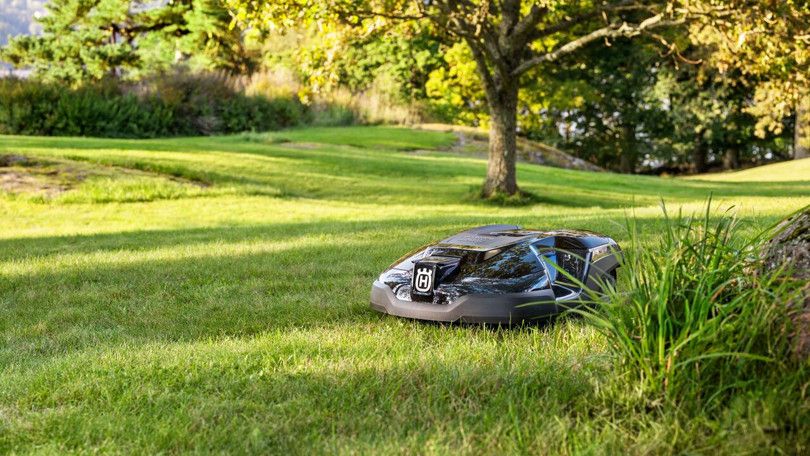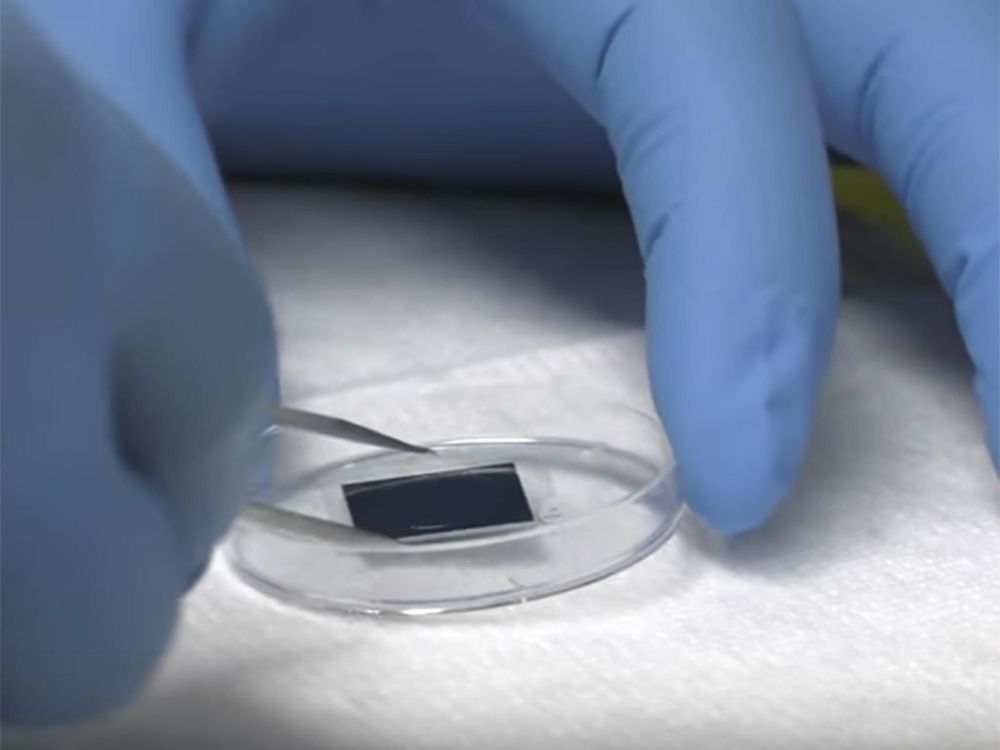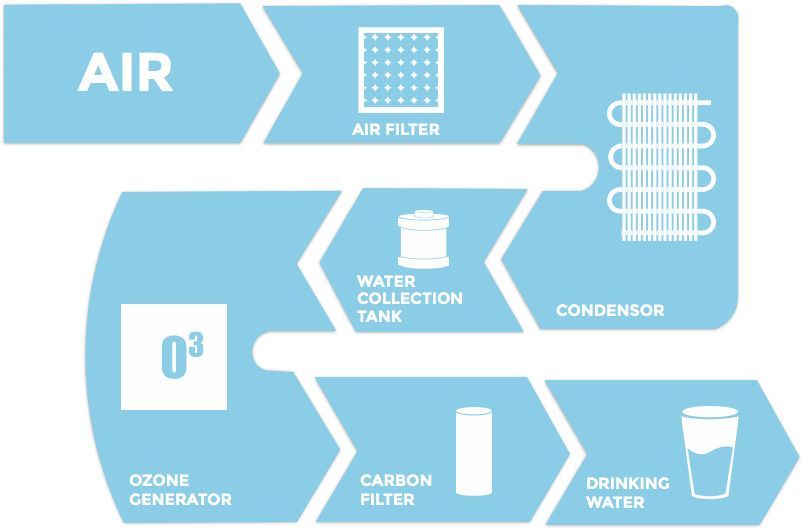If you’ve got better things to do than spend every Saturday pushing a noisy gas-powered mower around your yard, consider investing in a robot lawn mower and letting it do the work for you. Get started with some of the best we’ve tested.



A trio of researchers from the U.S. and the UK has won the 2019 Nobel Prize in Medicine, the first of five prizes to be announced this week. On Monday in Sweden, the Nobel committee announced that Americans William Kaelin Jr. and Gregg Semenza, along with Peter Ratcliffe, would split the nearly million-dollar prize for their work in unraveling a fundamental aspect of life: how our cells keep track of and respond to fluctuating oxygen levels.
This year’s prize was decades in the making.
Though we’ve long known that our cells need oxygen to produce energy and keep us alive, we were largely in the dark on how cells sensed oxygen, or how they managed to adapt in times of low oxygen, a state known as hypoxia. In the early 1990s, Gregg Semenza, currently of Johns Hopkins University, and his team discovered some of the key genetic machinery that cells use to detect hypoxia and then respond by producing a hormone called erythropoietin (EPO).
Uncrewed and jet-powered, the Romanian design hopes to overcome the airframe style’s long history of unsuccessful flight.
Cheetah Robot is a fast-running quadruped developed by Boston Dynamics with funding from DARPA. It just blazed past its previous speed record, getting up to 28.3 mph, about 0.5 mph faster than Usain Bolt’s fastest 20 meter split. This version of the Cheetah Robot runs on a treadmill with offboard power. Testing on an untethered outdoor version starts early next year. For more information about Cheetah or the other robots we develop, visit www.BostonDynamics.com.


Moses West is a former Ranger. Four years ago he set out to change the world, one atmospheric water generator at a time. He created these to provide clean drinking water to communities in Flint, MI, The Bahamas and Puerto Rico. Get this, he doesn’t charge these residents one penny. So far, he’s created 12 of these AWGs. He currently has one of these generators planted in Flint. More of these machines are currently being manufactured in WI to transport to Flint in the near future. He found a few minutes to down with Spectrum News 1’s Michelle London.

A series of clinical trials have tested an experimental treatment for Parkinson’s disease that uses a novel approach: administering the drug straight into the brain via implanted ports. The leading researchers believe this may be a “breakthrough” therapeutic strategy for neurological conditions.
Newly trialed therapy could launch a fresh chapter in the treatment of Parkinson’s disease.
In a new series of studies that culminated with an open-label trial (where participants were aware of what treatment they would receive), scientists have begun testing the effectiveness of a new treatment — and method of delivery — for Parkinson’s disease.


When atmospheric humidity condenses, it falls as rain. Skywater® replicates this natural process of condensation by simulating the dew point, which allows it to make water continuously, even in low humidity conditions. This is Skywater®’s patented adiabatic distillation process.
Again replicating nature’s process, Skywater® generates ozone to purify the water. Ozone (O3), a natural occurring gas that is produced in nature when it rains, binds with water to eliminate bacteria and other impurities. Skywater® does this by pumping ozone through the water as it is collected. Unlike other water treatment methods such as chlorine, ozone leaves no taste.